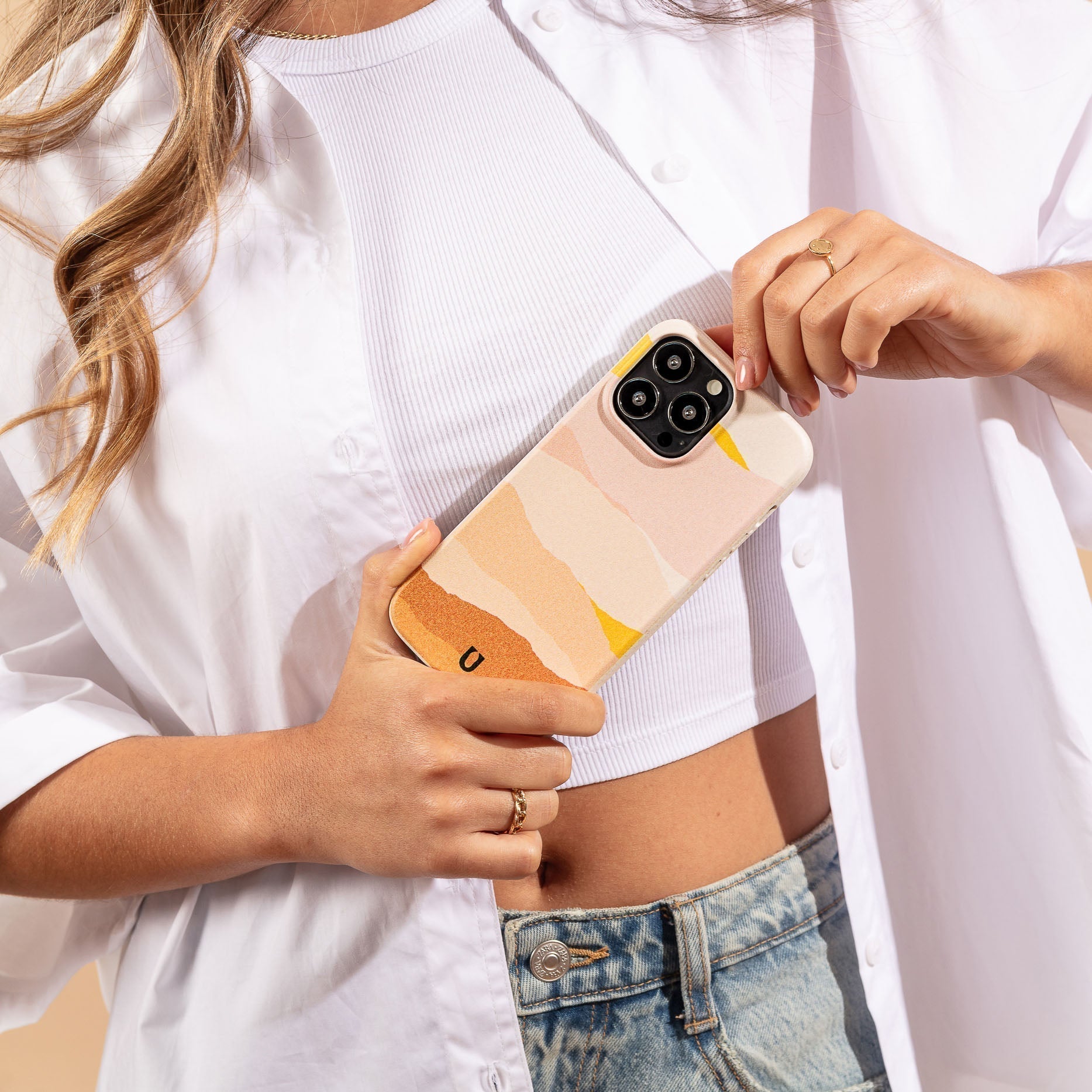We come into contact with hundreds of products every day—without always knowing what’s in them. But what if some of these everyday items were quietly interfering with our hormones, fertility, or even our children’s development?
That’s exactly what endocrine-disrupting chemicals (EDCs) do. And unfortunately, they’re far more common than most people realize.
At Casulo, we believe in conscious choices and safe, sustainable materials. Our BPA-free, plant-based phone cases are just one small swap in a much bigger movement toward reducing harmful chemical exposure. If you're looking to live a little healthier and a little cleaner, this guide is for you.
What Are Endocrine Disruptors?
Endocrine disruptors are chemicals that interfere with your body’s hormonal system. They can mimic or block hormones like estrogen, testosterone, and thyroid hormones, potentially leading to:
-
Fertility challenges
-
Early puberty
-
Hormone-sensitive cancers
-
Thyroid and metabolic disorders
-
Developmental and learning issues in children
Even at low levels, exposure over time can have cumulative effects—especially for pregnant or breastfeeding women and young children.
Everyday Products That May Contain Endocrine Disruptors (and What to Use Instead)
1. Personal Care Products
Avoid: Parabens, phthalates, synthetic fragrances
Swap: Choose fragrance-free or naturally scented products. Look for labels like paraben-free, phthalate-free, or EWG Verified.
2. Plastic Bottles and Food Containers
Avoid: BPA, BPS, BPF (especially in heated plastic)
Swap: Use glass, stainless steel, or food-grade silicone alternatives.
3. Non-Stick Cookware
Avoid: Teflon, PFAS (aka "forever chemicals")
Swap: Choose cast iron, stainless steel, or ceramic cookware.
4. Canned Foods
Avoid: BPA-lined cans
Swap: Look for BPA-free cans or switch to glass jars and fresh/frozen produce.
5. Receipts
Avoid: Thermal paper receipts containing BPA
Swap: Opt for digital receipts or wash hands after handling them.
6. Cheap Plastic Phone Cases
Avoid: Low-grade plastics that may contain BPA or phthalates
Swap: Choose a BPA-free, plant-based phone case from Casulo.
Casulo's Contribution: BPA-Free, Eco-Friendly Phone Cases
You might not think of your phone case as a source of chemical exposure—but low-quality plastic cases can contain BPA, phthalates, and other hormone-disrupting compounds.
At Casulo, we do things differently:
-
100% BPA-free and made from biodegradable plant-based materials
-
Produced locally in the UK, EU, US, Australia, and South Korea
-
Shipped with carbon-neutral delivery
-
Stylish, durable, and made to order to reduce waste

By choosing a phone case from Casulo, you're not only protecting your phone—you’re protecting your health and the planet.
Final Thoughts: Small Swaps Make a Big Difference
The journey toward reducing chemical exposure doesn’t have to be overwhelming. Even just a few thoughtful changes—like switching to a natural deodorant or a BPA-free phone case—can have a ripple effect on your health and the environment.
Ready to make your first swap?
Explore our full range of sustainable, BPA-free tech accessories here.
Want more tips like this?
Sign up for our newsletter and get conscious living inspiration, product updates, and exclusive Casulo offers straight to your inbox.




